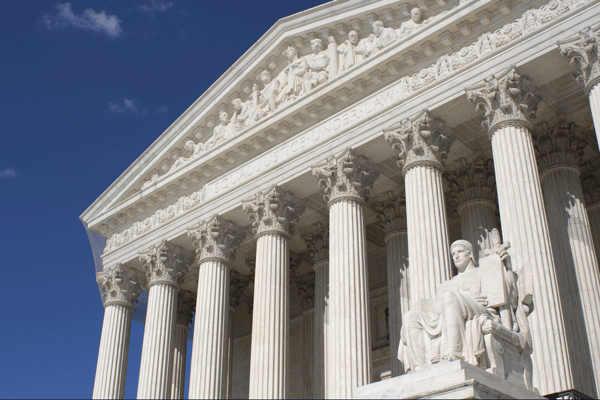Employers frequently run into questions regarding counting small, or “de minimis,” periods of time. Lawsuits have been filed over small amounts of uncompensated time that is spent either before or after the employee clocks in.
The California Supreme Court has now agreed to hear the question of when an employer must pay employees for such de minimis time. A decision in this case could have important implications for employers and hopefully will provide much-needed guidance in this area.
Background
The case before the California Supreme Court involves an employee of Starbucks, Douglas Troester, who sued Starbucks, claiming that he should have been compensated for the brief time he spent closing up the store after he clocked out.
For example, Troester argued that, after he clocked out, he engaged in the following activities for which he was not paid:
• Exiting the store and locking the door after setting the alarm (he had to exit within a minute);
• Walking co-workers to their cars (pursuant to store safety guidelines) which took about 45 seconds;
• Occasionally reopening the store to let a co-worker grab a forgotten personal item;
• Bringing patio furniture in once every couple of months.
Based on these allegations, Troester brought a lawsuit under the California Labor Code for unpaid wages and overtime. A federal district court, however, granted Starbucks’ motion to have the case dismissed before trial (a motion for summary judgment), ruling that the time spent was de minimis and that Troester was not entitled to payment for it.
Troester appealed the denial of his claim to the Ninth Circuit. In part, he argued that the de minimis doctrine does not apply to California wage claims.
Question
As a result, the Ninth Circuit asked the California Supreme Court to decide whether the federal Fair Labor Standards Act’s de minimis doctrine also applies to claims for unpaid wages in California, noting that California wage and hour laws often provide greater protections to employees than federal laws.
The California Supreme Court has agreed to decide this important question, and California employers will want to stay tuned.
A decision could take some time. Employers with specific questions regarding employee compensation for time spent before clocking in and after clocking out should consult legal counsel.


